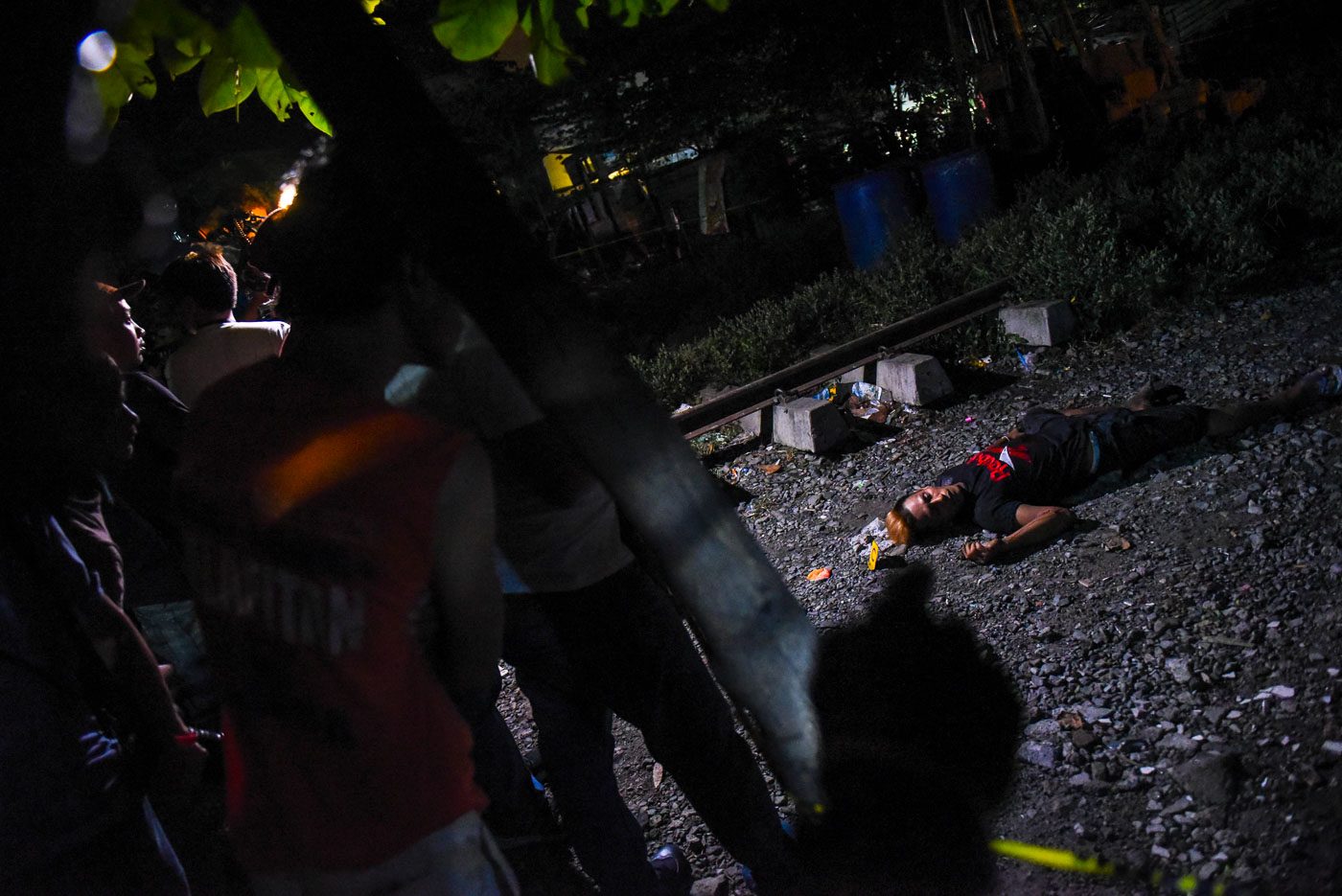SUMMARY
This is AI generated summarization, which may have errors. For context, always refer to the full article.

MANILA, Philippines – Opposition Senator Leila de Lima is set to file from jail a bill that will define extrajudicial killings (EJKs) and strengthen investigations into deaths in police or military operations.
De Lima will file the anti-EJK bill next week, said a statement from her camp on Sunday, July 7.
The proposed measure is set in the context of rising deaths in President Rodrigo Duterte’s campaign against drugs, which human rights groups peg at over 20,000.
“Napapanahon ang anti-EJK bill dahil makatutulong ito para maresolba ang libu-libong patayan sa panahon ni Mr Duterte at maparusahan ang mga nasa likod nito (The anti-EJK bill is timely because it can help resolve the thousands of killings under Mr Duterte, and can hold the perpetrators accountable),” De Lima said.
De Lima’s bill will define EJKs as “the unlawful and deliberate killing of targeted individuals or groups thereof, carried out by agents of the State and under its order or acquiescence in lieu of arrest, investigation, and prosecution.”
“Extrajudicial killing includes summary killing perpetrated by private individuals for purposes of carrying out on their own or in the context of vigilantism, campaign or policy of the State,” the bill added.
If passed, it would be the first law to specifically address extrajudicial killings in the context of alleged summary executions by the police.
EJK was never defined in Philippine laws until the new Special Protection of Children in Situations of Armed Conflict Law, which passed upon EJK as: “All acts and omissions of State actors that constitute violation of the general recognition of the right to life embodied in the Universal Declaration of Human Rights, the United Nations Covenant on Civil and Political Rights, the UNCRC, and similar other human rights treaties to which the Philippines is a state party.” (READ: [ANALYSIS | Deep Dive] Finally, EJKs defined)
What the bill wants
De Lima’s proposed measure will authorize the Commission on Human Rights (CHR) to investigate, automatically or upon a complaint, all suspected EJK deaths.
The measure will require both the National Bureau of Investigation (NBI) and the Philippine National Police (PNP) to cooperate with the CHR.
Under the Department of Justice (DOJ) manual, automatic investigations shall be undertaken by prosecutors. But the DOJ passes the buck to the PNP, saying they wouldn’t be able to conduct an inquiry without a complaint.
The PNP, for their part, said they do not file complaints for some cases because of the lack of witnesses. The deaths in their own police operations, meanwhile, are not at all investigated due to presumption of regularity.
This has systemically allowed thousands of drug war deaths to just go unsolved.
Anti-EJK council
The bill also seeks to create an inter-agency council against EJK, which shall be headed by the DOJ. It was a proposal that former justice secretary Vitaliano Aguirre II shot down during his time, saying there was no need for it.
The bill also sets additional rules for police on how to conduct arrests and other operations. (READ: How Duterte gov’t tried to fix legal loopholes of drug war)
In the face of police narratives of “nanlaban” or those who allegedly resist arrest and engage police in a shootout, the bill states that “alternative non-lethal incapacitating weapons shall be the primary tool to effect arrest when there is resistance.”
Every death in operations shall also be reported to the CHR, according to the bill.
“The Internal Affairs Service of the PNP shall maintain a separate reportorial system for cases whereby an individual dies as a result of the police operation. Copies of the report and/or its latest inventory of cases shall be submitted to the Commission on Human Rights on quarterly basis and shall be available whenever CHR requests or demands it,” states the bill.
Documentation of deaths in the campaign against drugs is being investigated by the Supreme Court in resolving petitions that seek to declare the entire policy illegal. – Rappler.com
Add a comment
How does this make you feel?
There are no comments yet. Add your comment to start the conversation.